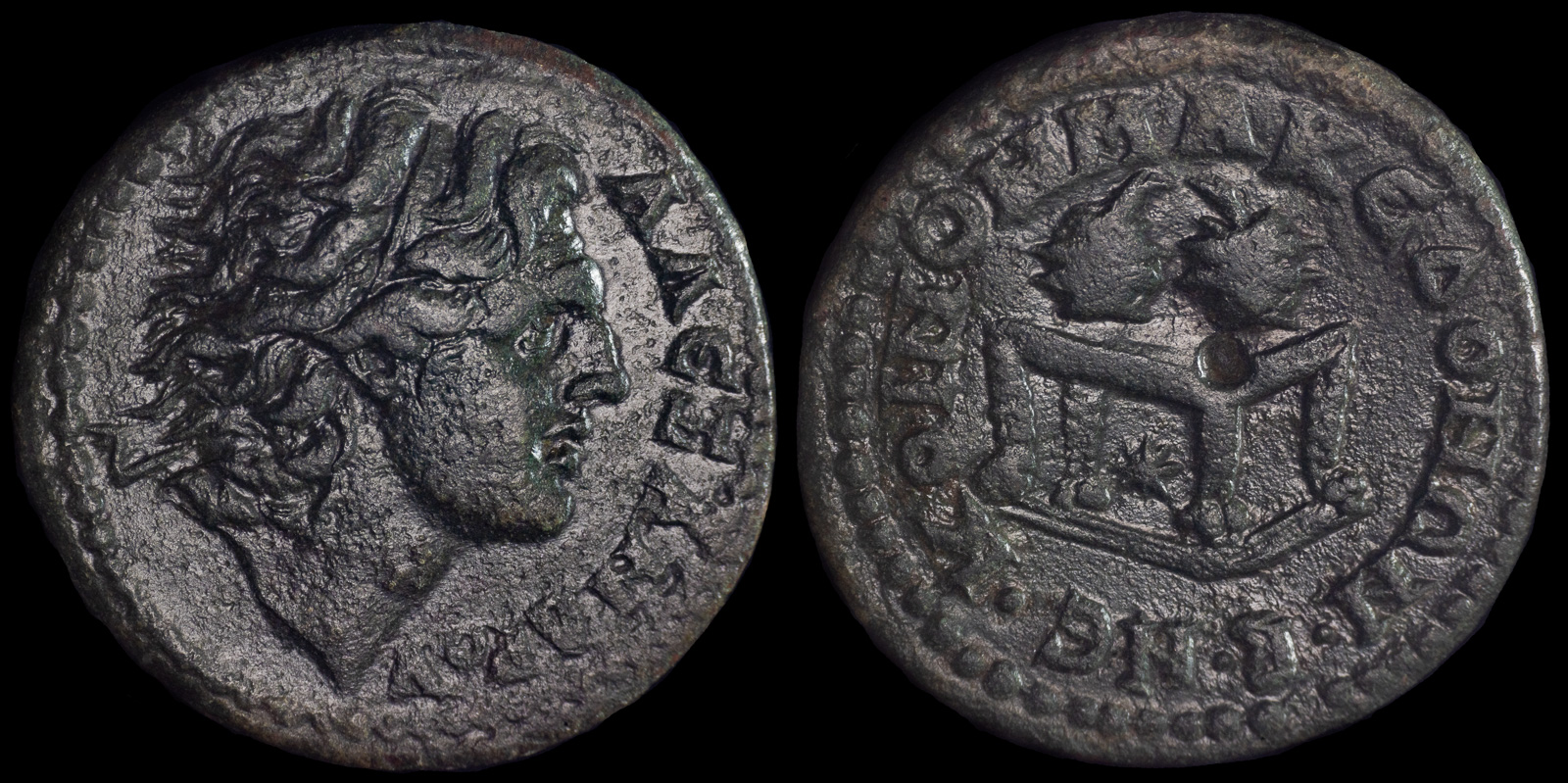Prize
View All Tags
The most iconic prize at the ancient Olympic Games was the olive wreath, or kotinos, which was awarded to the victors of the athletic events. This wreath, made from the branches of the sacred olive tree at Olympia, symbolized peace, prosperity, and divine favor from Zeus, the chief of the Greek gods. The olive tree itself was considered a gift from Zeus to the people of Athens, and its leaves represented the ideal of Greek strength, virtue, and wisdom. While the olive wreath was the primary prize at the Olympics, victors also received lavish honor in the form of statues, poems, and public displays of admiration. Often, victorious athletes were granted privileges such as free meals, the erection of statues in their honor, and even lifelong fame.
At the Pythian Games, held at Delphi in honor of Apollo, the prize for athletic victors was a wreath made from laurel leaves. This plant symbolized Apollo’s domain over music, poetry, and healing, as well as the god’s association with prophecy and victory. Like the olive wreath at the Olympics, the laurel wreath became a symbol of the athlete’s divine favor and achievement. The Nemean Games, dedicated to Zeus, also awarded a wreath, typically made from pine, to victors, while the Isthmian Games presented a crown of pine and celery. These different types of wreaths reflected the specific patron deity and regional customs, but all of them carried significant cultural and religious meaning.
The prizes were not only symbolic but also carried social and political importance. Victorious athletes often enjoyed long-lasting rewards, including material wealth, social status, and political influence. In some cases, athletes who won at multiple festivals became celebrated figures, with their names immortalized in inscriptions and artworks. While the physical prize of the wreath itself was often of modest value, the social capital gained from a victory was immense, elevating the athlete to a level of prestige that could bring considerable benefits to their city-state or family.
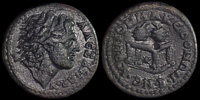
Koinon of Macedon 238-244 CE
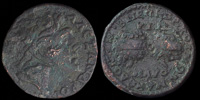
Koinon of Macedon 238-244 CE
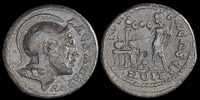
Koinon of Macedon 244 CE
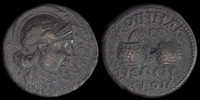
Koinon of Macedon 244-249 CE
